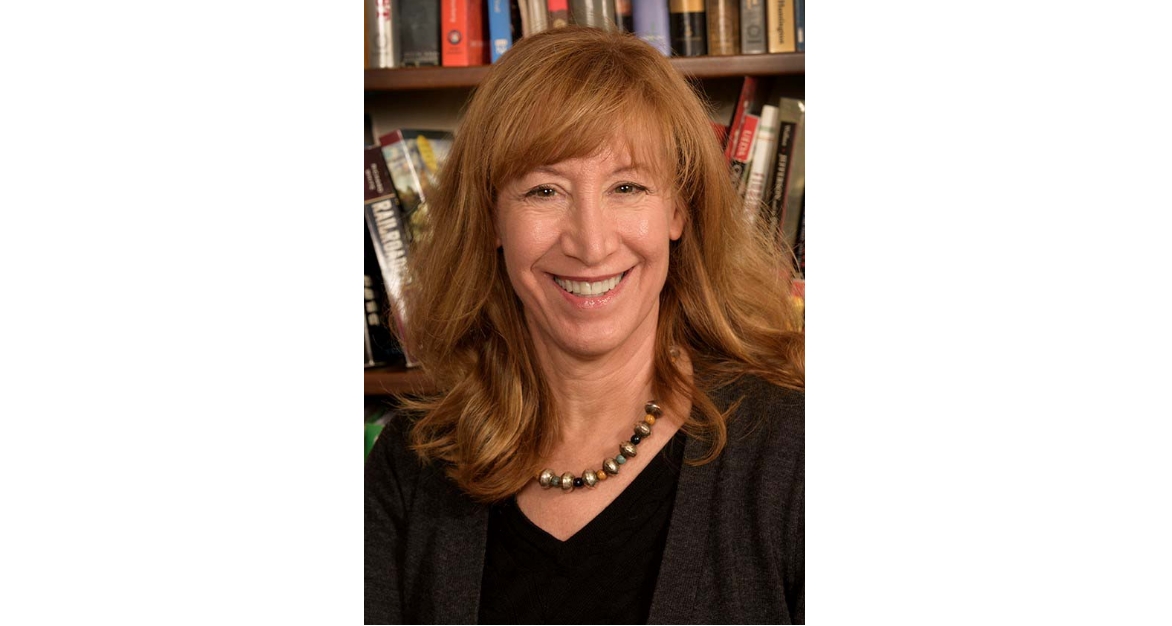UW’s Laegreid to Present on Women in Old West March 9 in Black Hills
University of Wyoming Professor Renee Laegreid will discuss the lives and tragic deaths of Wyoming’s Ella “Cattle Kate” Watson and Nebraska’s Elizabeth Taylor Thursday, March 9, at noon at the Homestake Adams Research and Cultural Center in Deadwood, S.D.
The presentation — “The Lynchings of Ella Watson and Elizabeth Taylor: Connecting Gender, Violence and Land Reform Laws in the 19th Century West” — is hosted by Deadwood History Inc. and the Deadwood Historic Preservation Commission. The event is free to Deadwood History members and $5 for nonmembers.
Earlier that day, Laegreid, UW’s Andrew Allen Excellence Fellow in Western History, will speak to fourth graders at Newcastle Elementary School about outlaw and wild women in the 19th century West.
Watson and Taylor were two pioneer women who were hanged as cattle thieves in the late 1880s. Laegreid’s presentation will discuss how these violent executions shed light on the darker history of the Western cattle industry and women in the West.
Laegreid’s areas of specialty include women and gender in the 19th and 20th century U.S. West; she has published extensively on the diversity of women and their experiences in this region. She is the author of “Riding Pretty: Rodeo Royalty in the West.”
Laegreid’s research also includes cultural and social analysis of Western iconography, examining how symbols of the West have been created and shaped over time and across international boundaries. Her essay, “The Legacy of the West in Twentieth Century Italy,” won a prestigious Western Heritage Award. She is the series editor for “Women and the American West,” published by the University of Oklahoma Press, and “Sandoz Studies,” published by the University of Nebraska Press. She has been featured in documentary films on women rodeo performers and, most recently, on her work in women’s suffrage.
Deadwood History Inc. preserves and celebrates the cultural heritage of Deadwood and the Black Hills in the context of the American West through exceptional exhibitions, innovative educational programs and access to extensive collections in unique settings.

